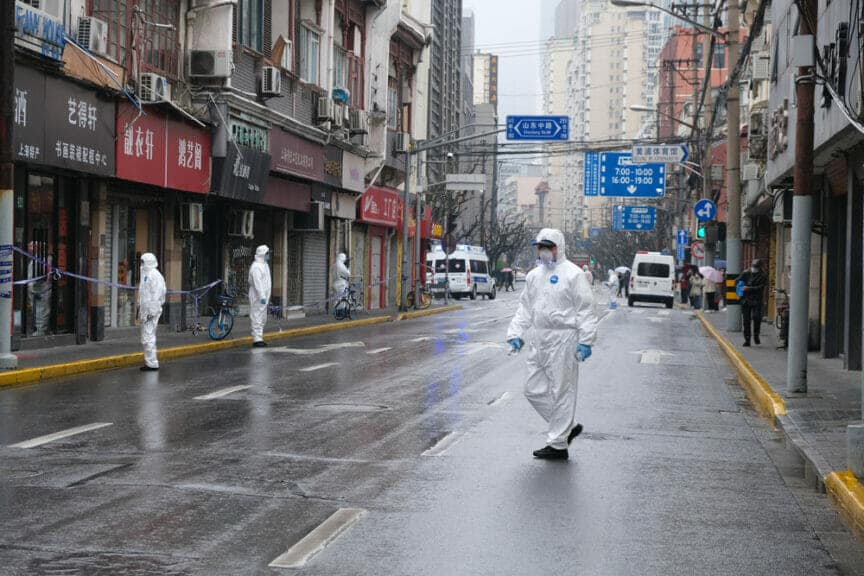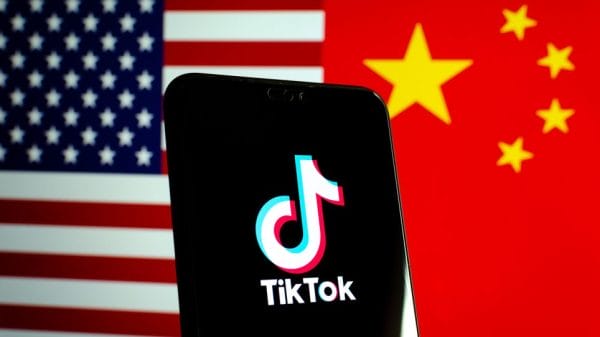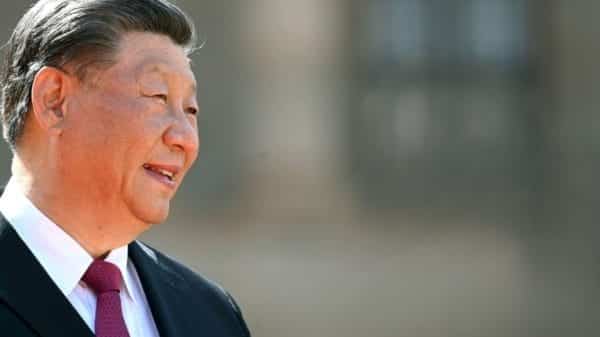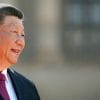Zero-Covid restrictions have been lifted in the cities of Guangzhou and Chongqing. Just days ago, residents of Guangzhou protested into the night, demanding the dismantling of Covid restrictions.
The latest protest occurred after a block fire in Western Xinjiang that took the lives of ten people. Many believe no effort was made to save the victims due to Covid restrictions, and authorities have denied this.
Just a month ago, Haizhu had also become an area of protests, with many demonstrators shouting, “Xi Jinping, step down” and “Communist party, step down”. Residents of Shanghai and Beijing, among other cities, followed suit.
Health officials have responded to concerns about Chinese people’s heavily decreasing quality of life. They will “fine-tune and modify” Covid rules in light of the “negative impact on people’s livelihoods and lives”.
While mass testing continues, the Chinese government has promised to lessen PCR testing. Such information is of little credibility as violence and protests continue in quarantine zones, with fires being sparked and little being done to appease the public.
Vice-premier Sun Chunlan states, “The country is facing a new situation and new tasks in epidemic prevention and control as the pathogenicity of the Omicron virus weakens, more people are vaccinated and experience in containing the virus is accumulated.”
This differs from the former state media editor Hu Xijin, who often releases Communist remarks on Twitter, stating China is now “speeding up to cast aside large-scale lockdowns”.
China has recently recorded 36,000 cases since the pandemic, with 5,200 falling victim to the virus. Such numbers appear small compared to its large population and raise questions about the necessity of China’s strict Covid rules.
“I’m holding flowers, is that a crime?”
In one protest, a man says, “I’m holding flowers, is that a crime?” Police proceed to force him into a police vehicle with little sympathy.
Various users on Twitter have recorded health officials carrying guns in quarantine zones, sparking further debate on China’s use of violence and fear to control the Chinese population.
Security personnel has likewise been seen scouring cities, wearing hazmat suits, and carrying shields as they ram into demonstrators and demand to see their Covid passports.
Worldwide Economic Effects
Evidence suggests that China’s second-largest economy will suffer because of the Zero-Covid plan.
Quarantine and a lack of mobility for the Chinese public have resulted in public transport falling as low as 91%. With many unable to leave their homes or afraid to do so, monthly spending on local businesses and retail has contributed to GDP growth falling short.
The aim of 5.5% growth resulted in 3.2%, with The International Monetary Fund warning this may even be further reduced. According to The Guardian, “2022 has marked the slowest year for GDP growth in 40 years” for China.
Current protests and Covid restrictions are likely to spark instability within the global economy, as inflation, the energy crisis, and the war in Ukraine continue to take a toll on worldwide economies.
Chinese residents worry over a new wave of protests, much like the Tiananmen protests of 1976, recognized mainly by the photograph of a man standing in front of a tank.
Around one thousand people died, including many students, and this could foreshadow a similar event for China if reparatory actions are not soon underway.














